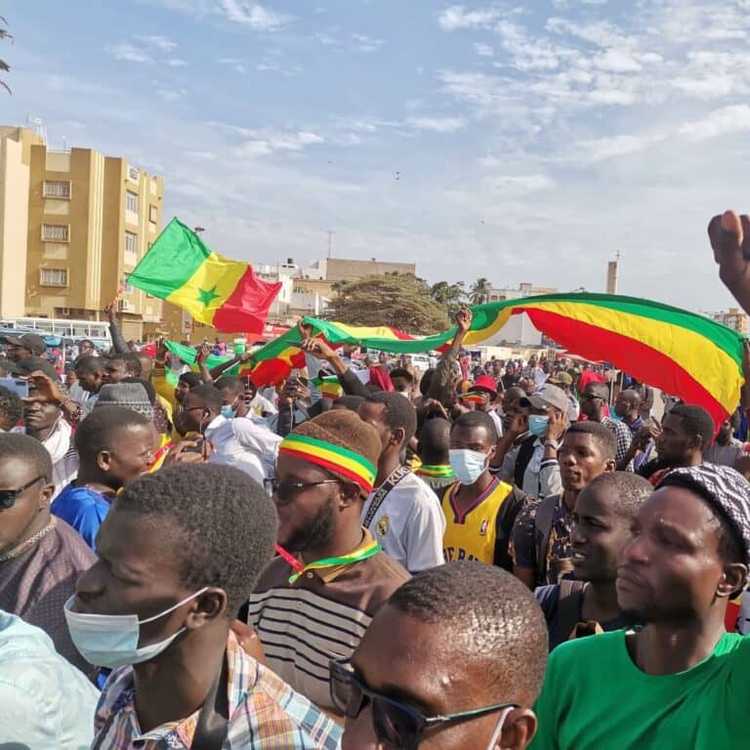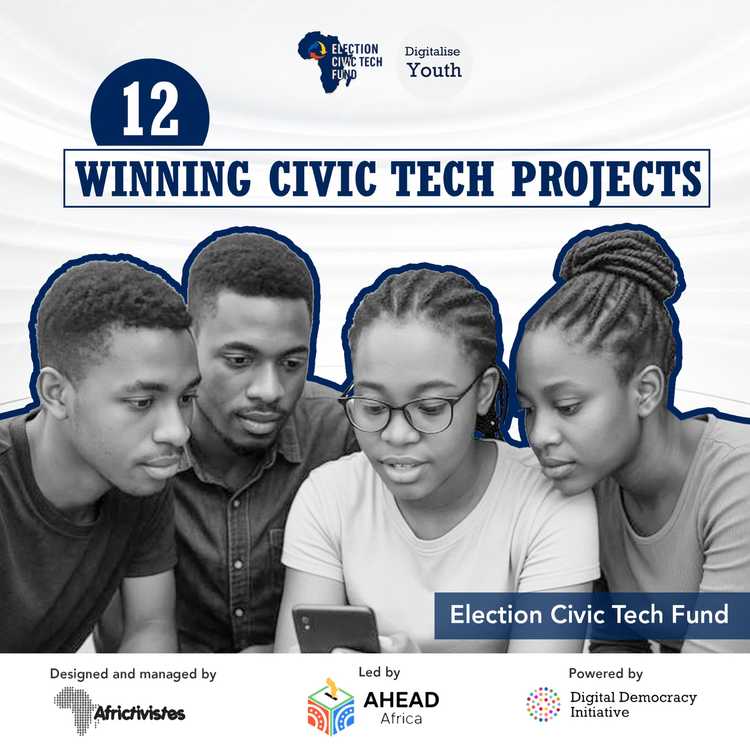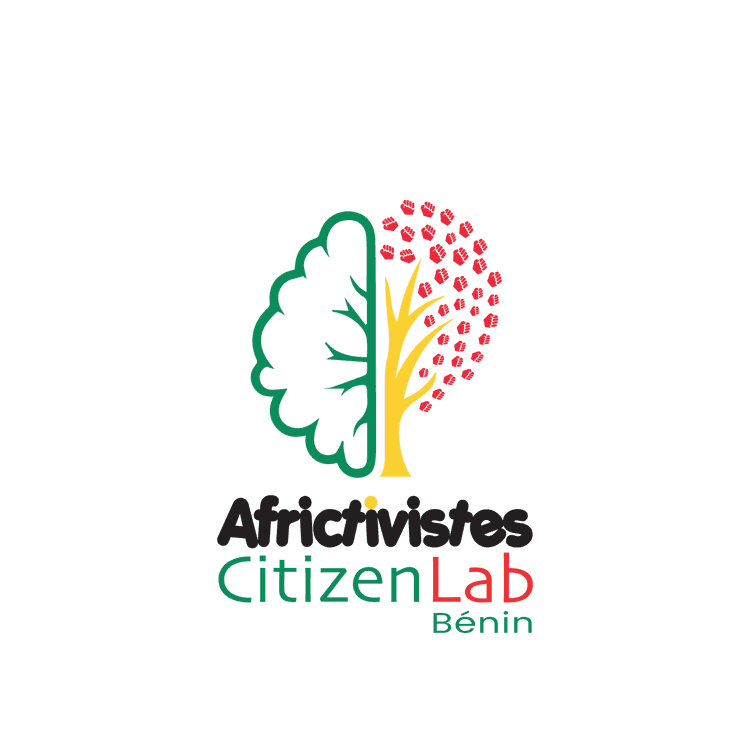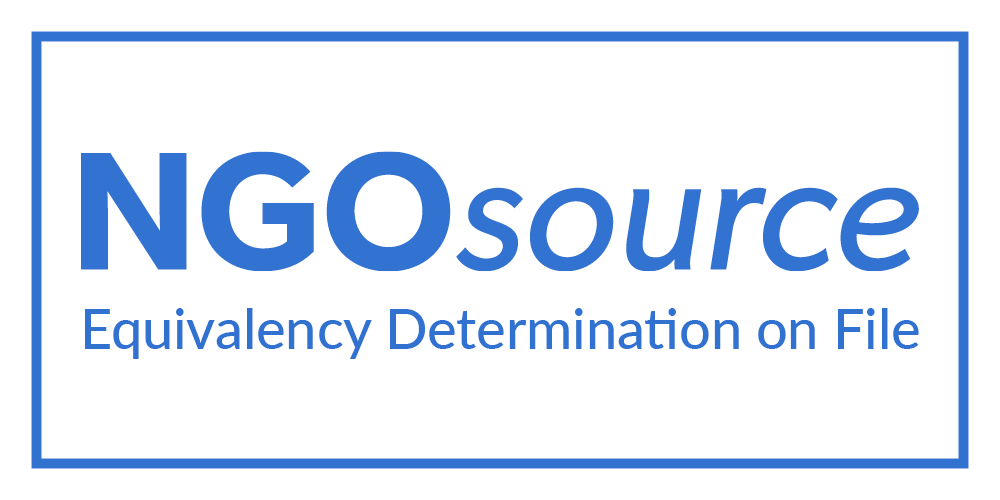Senegal’s democracy in crisis: cause for alarm
Senegal, a country long considered an example of democracy in West Africa, is currently going through a rarely experienced time of crisis, marked by political tension, human rights abuses, and uncertainties about the country’s peaceful stability. Recent events, such as the arrest and imprisonment of political opponents, embezzlement of public funds (covid-19 force), restrictions on press freedom (summons and arrests of journalists), and on demonstrations, raise questions about the state of Senegalese democracy.
In the face of these growing threats, it is crucial to examine the root causes of this crisis and to consider how political authorities and institutions can work to preserve and strengthen democracy in Senegal.
Senegal under Macky
February 2012: Macky Sall is elected President of Senegal with 65.8% of the vote, defeating the incumbent Abdoulaye Wade in the second round of presidential elections. This election is considered an example of peaceful democratic transition in Africa, as it follows a period of pre-election tensions marked by violent demonstrations against Abdoulaye Wade’s third candidacy, which was deemed to violate the two-term presidential limit. Macky Sall was the main political actor who took advantage of this popular will to limit terms to two.
April 2013: Karim Wade, son of former president Abdoulaye Wade, is accused of corruption and misappropriation of public funds. He is suspected of having illegally acquired considerable wealth using his position in the government. Karim Wade is arrested and charged with illicit enrichment. A highly publicised trial followed, lasting almost two years. In March 2015, he was sentenced to six years in prison and fined 138 billion CFA francs personally and another 10 billion CFA francs collectively with his accomplices (about $338 million) for illicit enrichment. In June 2016, after having served about half of his sentence, Karim Wade was granted a presidential pardon. Today, he denounces a forced exile in Qatar. His candidacy for the 2019 presidential election was rejected by the Constitutional Council due to his conviction, which led to a loss of his civil rights.
March 2016: Macky Sall organises a constitutional referendum to enforce a “constitutional padlock” on limiting the number of consecutive terms of office to two as well as on the length of the presidential term from seven to five years. The constitutional amendment was approved by a majority of voters (62.7%), although voter turnout was low (40%).
March 2017: Khalifa Sall, mayor of Dakar and opposition leader, is arrested on charges of alleged forgery and use of forged trade documents, forgery and use of forged official documents, embezzlement of public funds, money laundering and criminal association. Elected as a member of parliament during the investigation of his case, he was kept in prison against all the rules that govern parliamentary immunity. He was sentenced in 2018 to five years in prison. His candidacy for the 2019 presidential elections was also rejected by the Constitutional Council, which considered that his conviction entailed the loss of his civic rights.
March 2019: Macky Sall is re-elected for a second term in the February 2019 presidential election with 58.27% of the vote. The election is marked by the elimination of two opposition candidates, Khalifa Sall and Karim Wade, due to judicial convictions.
February 2021: Ousmane Sonko, a political opposition figure and leader of the Pastef movement, was accused of sexual assault by an employee of a beauty salon where he went for massage sessions. Sonko denied the allegations and called them a political plot to eliminate him from the Senegalese political landscape. The plaintiff filed a lawsuit for rape and death threats.
As a result of these accusations, Sonko was arrested on 3 March 2021 and charged with disturbing public order and participating in an unauthorised demonstration while on his way to court to answer the sexual assault charges. His arrest triggered massive and violent demonstrations across Senegal, resulting in a dozen deaths and many injured. Protesters denounced what they saw as an attempt to muzzle the opposition and demanded Sonko’s release.
The protests, which were very violently repressed, were also fuelled by wider frustrations about the country’s economic and social problems, as well as concerns about democracy and the independence of the judiciary.
Some political observers see the charges against him as politically motivated, aimed at discrediting and weakening a political opponent, while others see them simply as a political move to remove a serious potential rival. The whole crisis raises criticism and concerns about the fairness of the electoral process since Macky Sall came to power, as Ousmane Sonko could be the third political opponent to be eliminated from the presidential race.
August 2022: A report by the State Audit Office (Cour des Comptes) on the management oversight of the response and solidarity fund against the effects of the Covid-19 (Force Covid) has highlighted alleged ‘mismanagement and criminal misconduct‘ during the years 2020-2021. It also identified conflicts of interest and breaches of the contracting code. The same court has published annual reports on the management of public finances in several sectors, such as education, health, infrastructure and local government. In April 2020, AfricTivistes had already called for more transparency in the management of the Covid-19 crisis.
Democracy in crisis: Reasons for concern
Failure of political elites: One of the main threats to Senegalese democracy is the failure of political elites to embody and implement democratic principles. In pursuit of power, these elites often became autocratic practitioners once elected, undermining the institutions and mechanisms of checks and balances that are essential for a healthy democracy to function.
Corruption and poor governance: Corruption and poor governance are also factors that contribute to the weakening of Senegalese democracy. Cases of embezzlement of public funds and mismanagement, as well as the lack of prosecution of those responsible, fuel a climate of mistrust between citizens and state institutions. This perception of the lack of fair and independent judiciary fuels frustrations and revolts.
Opportunities for power grabbing: Presidential term limits are a key element in ensuring democratic renewal and preventing the monopolisation of power. Unfortunately, in Senegal as in other African countries, political actors defend the principle of term limits when they are in the opposition. However, once elected, they seek to circumvent or change the rules in order to stay in power for life, thus jeopardising democratic stability. Abdoulaye Wade has already done this and today, all the indications from Macky Sall are that he will not comply with the ‘constitutional padlock’ that he himself has put in the Senegalese Constitution during the 2016 referendum.
Threats to fundamental freedoms: The restriction of freedoms of the press, expression and demonstration is another threat to Senegalese democracy. These restrictions are often justified on the grounds of security or public order, but in reality they could serve to muzzle the
opposition and prevent citizens from expressing themselves freely on issues of public interest. They also reflect a two-tiered justice system, because while some are arrested and sent to prison for a Facebook post, others continue to enjoy their freedom after publicly calling for murder. Following several arrests of journalists, threats against some media and against social media, the NGO Reporter Sans Frontières denounced a worrying context for journalists and the media.
This alarming snapshot of President Macky Sall’s 11 years in power highlights the political tensions in Senegal and raises questions about the independence of the judiciary, freedom of expression and respect for human rights in the country.
What needs to be done?
It is urgently necessary to adopt measures to strengthen democracy and protect democratic gains. A simple call for political dialogue cannot be the solution. This dialogue must follow a precondition, not the least of which is respect for the rules of the democratic game, which is the guarantee of democratic alternance and political stability in Senegal. President Macky Sall inherited a stable and democratic Senegal. It is therefore his historical responsibility, his attachment to republican values and his moral duty to preserve our democratic achievements, the fruit of many years of struggle and sacrifice.
It is therefore incumbent on President Macky Sall, to whom the sovereign people have given the mission of ensuring a peaceful life and defending their laws and rights, to lay the foundations for a constructive dialogue.
These foundations cannot be built without the following points:
- Respect for presidential term limits as stipulated in Article 27 of the Senegalese Constitution, in order to avoid what could be one of Senegal’s worst political crises.
- Re-establishing the rule of law by guaranteeing and strengthening freedom of expression and the protection of citizens’ rights, including freedom of opinion and the right to peaceful demonstration. These rights must be respected and protected. Arrests of activists, journalists and political opponents must cease.
- Creating the conditions for an inclusive and constructive dialogue, starting with an official announcement that he (Macky Sall) is not a candidate in the 24th February 2024 presidential election. Then, commit to free and fair elections. Divisions and incitement must not take precedence over the pursuit of common solutions.
- Providing the conditions for his (Macky’s) successor to implement political and institutional reforms that guarantee the independence of institutions and the separation of powers. These mechanisms must be strengthened to ensure transparent and fair elections.





![[Guinea-Bissau]: Joint Statement from Human Rights Defenders Against the Confiscation of Popular Will !](/static/8552596543d1c00bc73e662f85c0a62f/fce2a/Capture-decran-2025-12-01-a-16.34.43.png)
![[Guinée-Bissau] Joint Declaration – Afrikajom Center and AfricTivistes both firmly condemn the military takeover and warn of the risk of a political crisis !](/static/4d5ad12346b3ef8c55278621c445488b/9e635/Putsch-Guinee-2.jpg)

![[Tanzanie] 🇹🇿 AfricTivistes strongly condemns violent suppression in Tanzania](/static/adf91a1c13cd101f988b6b6971928880/9e635/TZN.jpg)
![[Cameroon] AfricTivistes condemns violent repression, urges govt to uphold rights !](/static/6399a9d8e94e3ae1f681f86178520d96/9e635/WhatsApp-Image-2025-10-27-at-15.32.48.jpg)



![[Madagascar] Generation Z, the driving force of civic awakening!](/static/9072e289fdab44c062096dcfb9499441/9e635/4-2.jpg)








